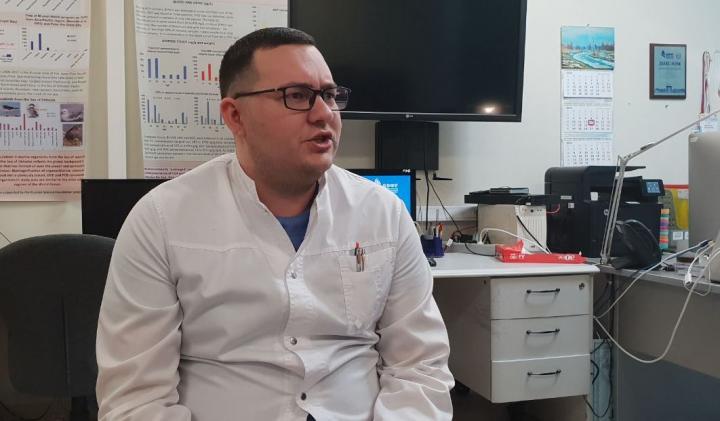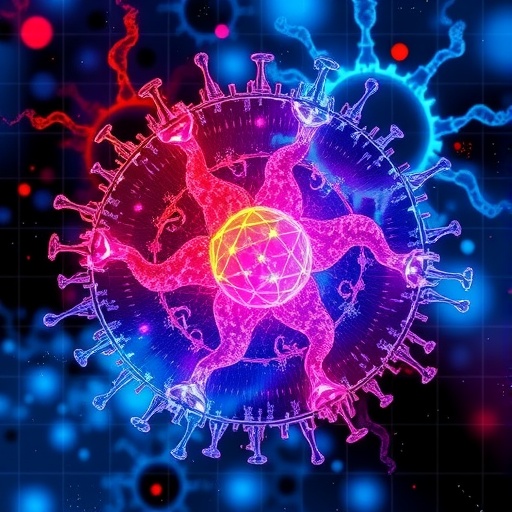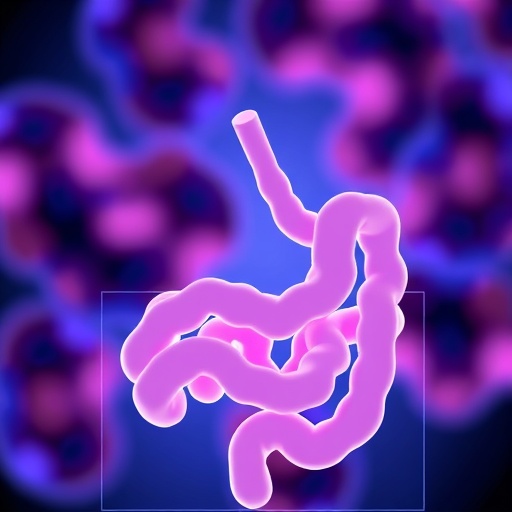
Credit: FEFU press office
According to ecotoxicologist from Far Eastern Federal University (FEFU), from the 90s and during 2000s in the tissues of Russian Far Eastern mussels the concentration of organochlorine pesticides (OCPs) that had been globally used in agriculture in the mid-twentieth century has increased about ten times. OCPs pollute and affect badly the ecosystems of the Sea of Japan, the Sea of Okhotsk, and the Bering Sea. A related review was published in Water Research.
The author of the article notes that according to the new experimental results that aren’t yet published, along with a multiple increase in the 2000s, at the present time the concentration of OCPs in Russian Far Eastern mussels has almost threefold decreased. Similar fluctuations in pesticides content indicators are relevant to the other species of marine animals: mollusks, fish, seabirds, and mammals. Toxicants are prone to accumulate especially strongly in the animals fat tissue. Pesticides enter marine organisms, preliminary accumulating in coastal waters.
‘OCPs’ concentration in the environment is a serious danger to all living organisms at the top of the food chain, i.e. not only for animals but also for the man. The reason is that the process of biomagnification runs: at the top level pesticides accumulate in the body of representatives of higher trophic levels as a result of their feeding on organisms of lower trophic levels, which contain a low amount of pesticides. This can lead to poisoning and even death. It has been established that OCPs suppress the endocrine and immune systems of marine animals, lead to various deviations and genetic changes in the population, and cause the tumors. These are sufficient reasons for all of us to think about new standards for monitoring pesticides in the environment’, — said the author of the study Vasiliy Tsygankov, Associate Professor of the Department of Food Science and Technology, Head of the Laboratory of Environmental Biotechnology at the FEFU School of Biomedicine.
The scientist pointed out that a systematic, time-prolonged and simultaneous study of different types of marine animals is wanted. Its results will be the basis for the conclusions whether the situation with pesticides is becoming better or worse. It is possible that in different regions the picture will be different.
Organochlorine pesticides (OCPs), i.e., derivatives of the DDT toxic substance are the most stable form of organic pollutants. They decompose extremely slowly and therefore easily spread and accumulate in aquatic ecosystems of different parts of the globe even many decades after their application had been banned. Even at the lowest concentrations, OCPs impact marine biota badly, especially zooplankton and crustaceans. Pesticides often collect in coastal waters and then get into the organisms of mollusks, fish, seabirds, and mammals. The last two are especially prone to accumulate pesticides in their fat tissues.
Among the main sources of OCPs infiltration into the environment, the scientist called the leaks from storages, agricultural fields of countries that continue to use OCPs, atmospheric phenomena, sea currents and the migration of marine animals, for example, Pacific salmon. Vasily Tsygankov stressed out that the spread of toxic OCPs on a global scale was proved by the fact that they were found both in the Arctic and in the Antarctic.
In FEFU, the study of OCPs content in the environment of the Russian Far East has been conducting for nearly 10 years. Previously, the university scientists found out that pesticides accumulate in marine organisms with a high content of fat tissue, as well as in marine animals with a longer lifespan.
###
The study was supported by Russian Science Foundation (?18-14-00120).
Media Contact
Alexander Zverev
[email protected]
Related Journal Article
http://dx.




